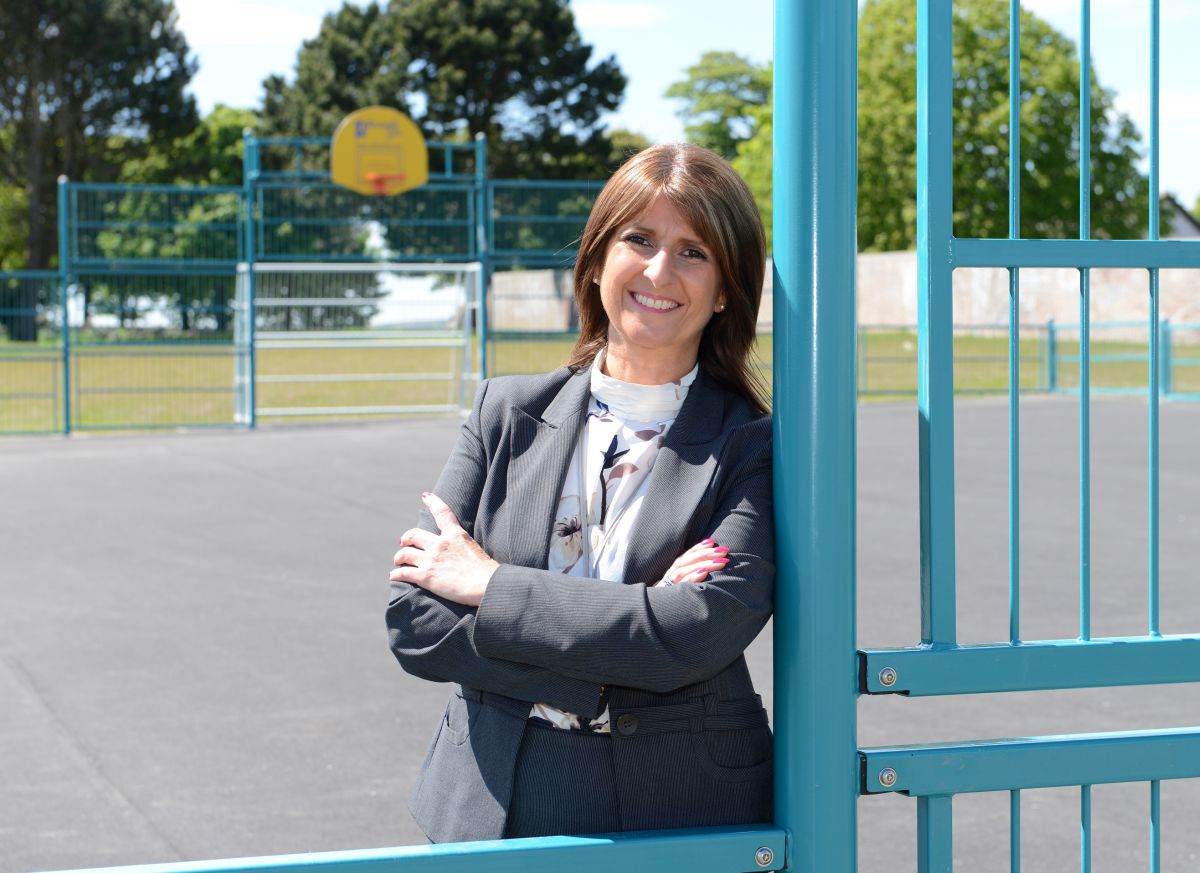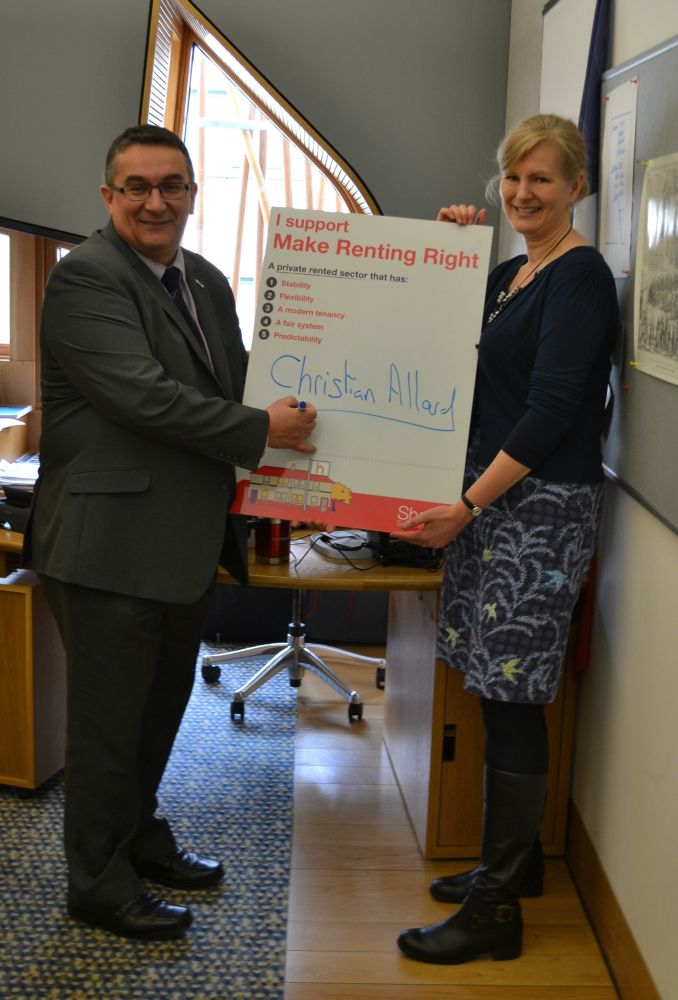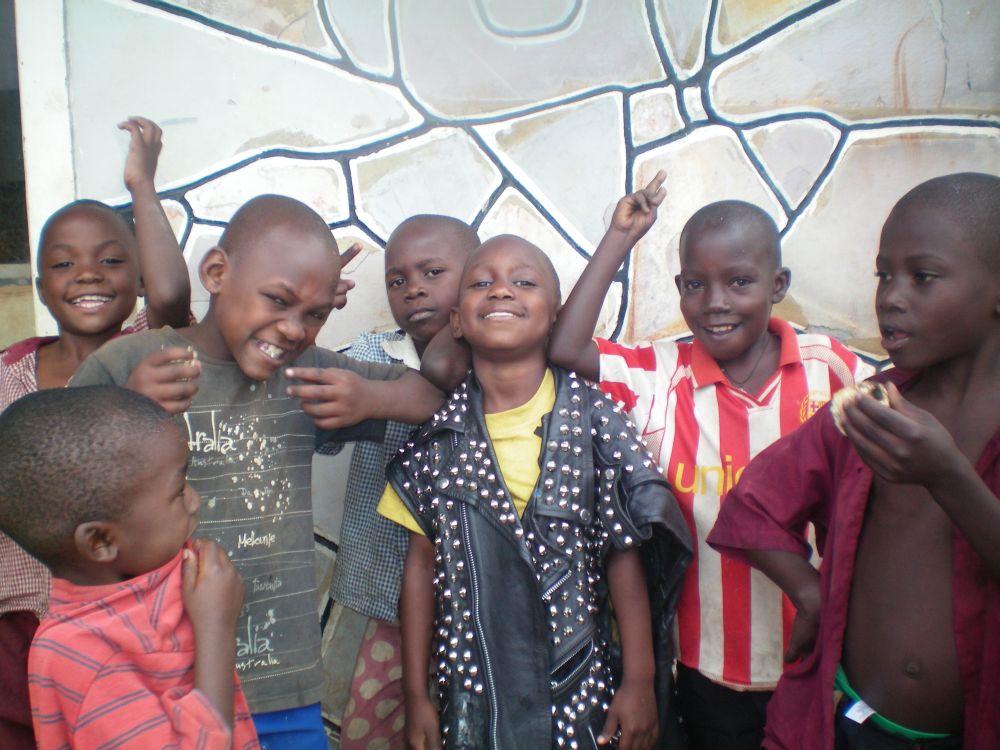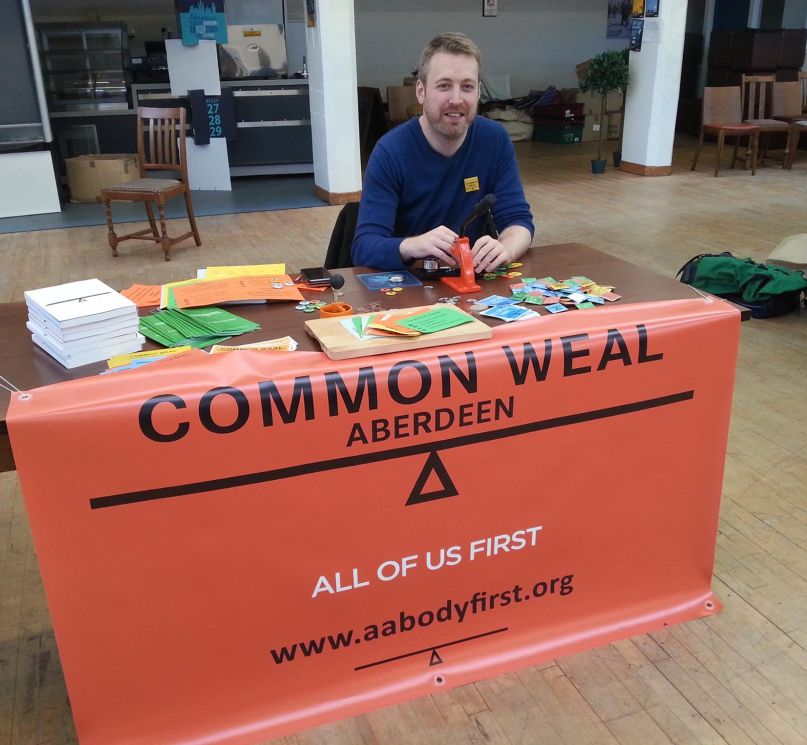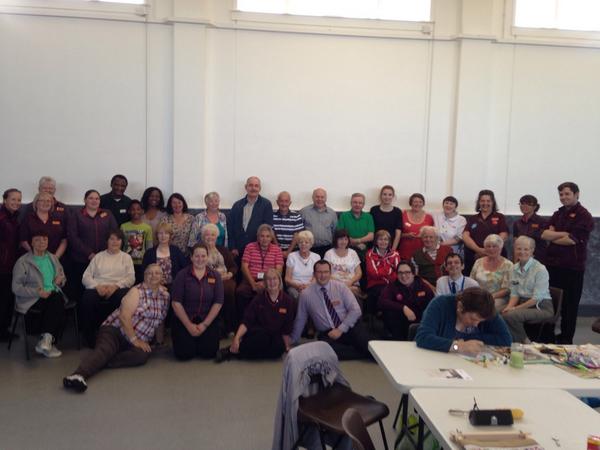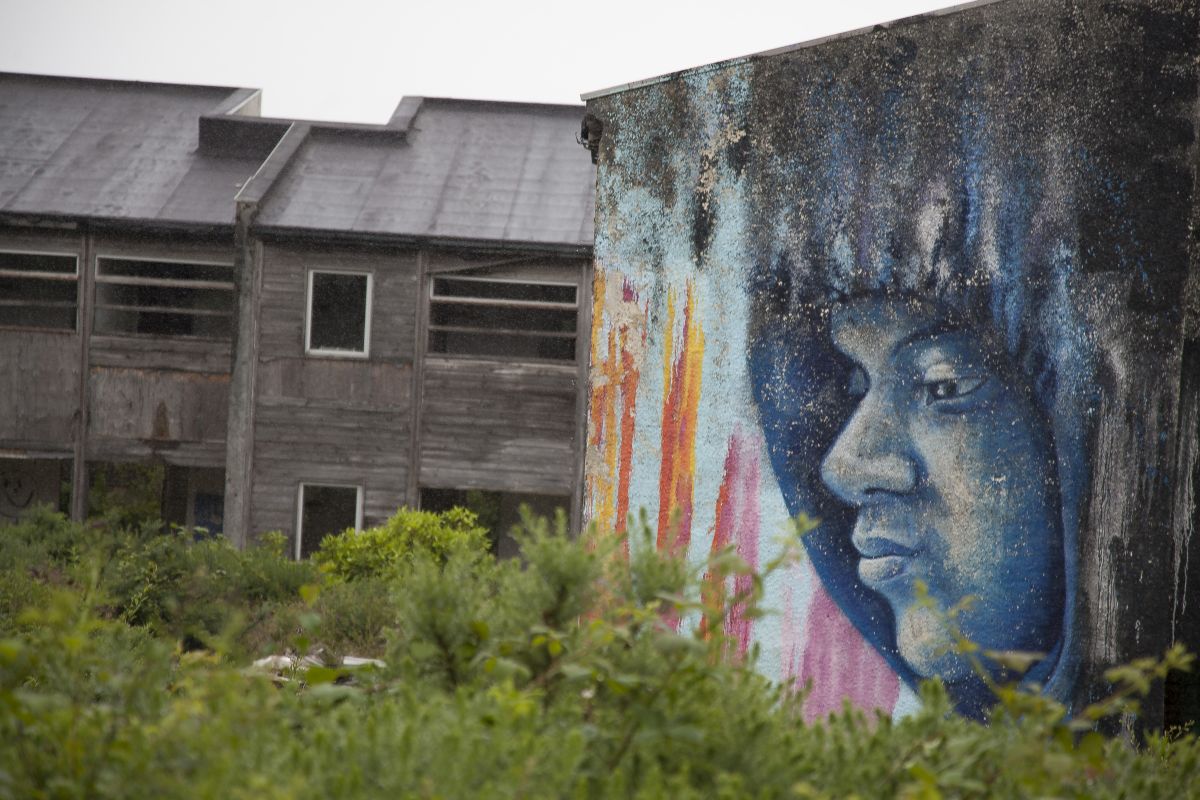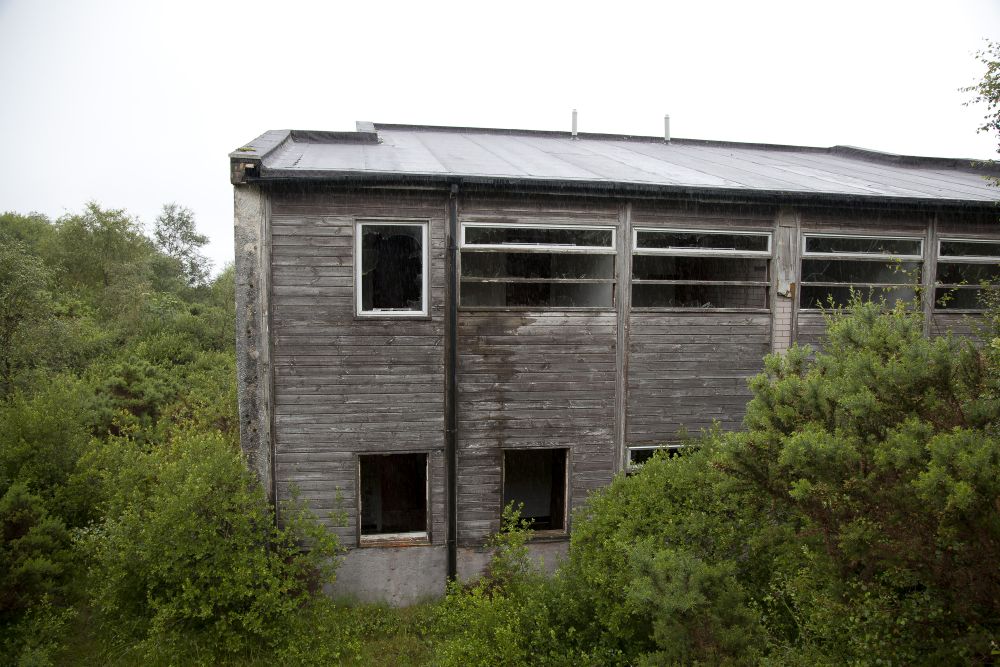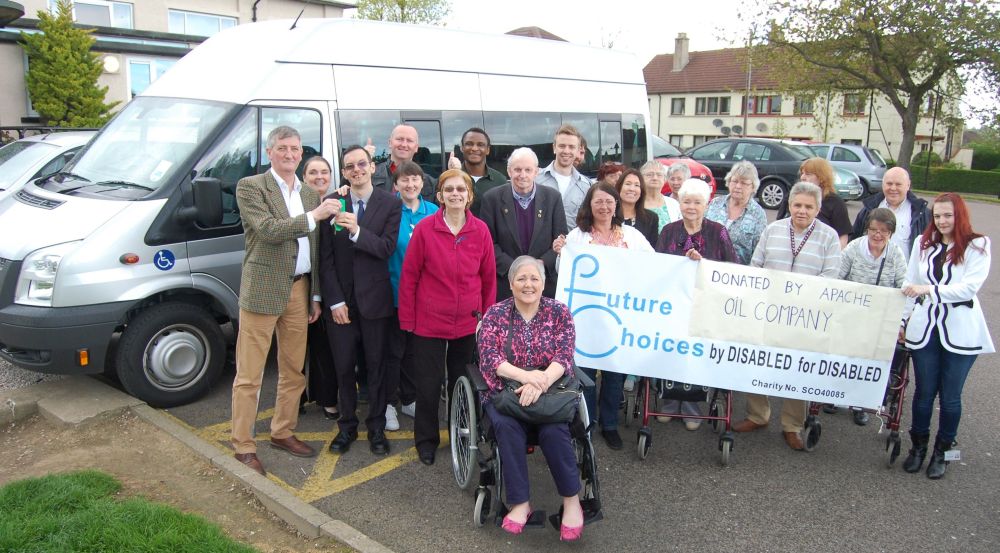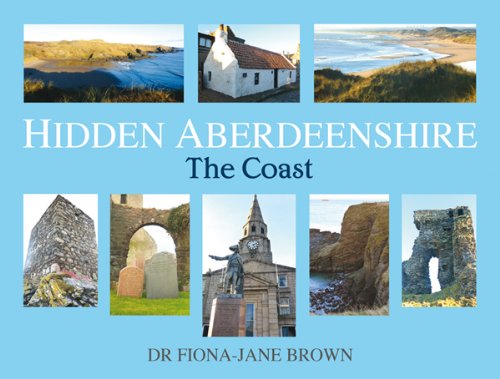I knew about Uganda’s Anti-Homosexuality Bill before I left. To me it came across as typical right-wing, nonsense legislation, passed by some idiot in power; which eventually would be quashed. I’d thrown myself into learning everything I could about the country in the 7 weeks between me deciding I was going and getting on the plane.
Despite the Bill, I’d decided to go anyway. Half way through my stay a friend sent me a video which had just aired in the UK, on BBC3. In Uganda my connection was poor and it would have taken me several days to download so I decided against it and watched it when I got home. I was shocked that the nation I’d just been to (and couldn’t wait to go back to) was the source of this homophobic hate. Naturally I thought; “well, they’ve clearly picked the biggest nutters they can find to put into this”.
I’m talking, of course, about BBC3’s ‘World’s Worst Place to be Gay?’ presented by Radio 1 DJ Scott Mills; a gay man himself.
Throughout the next 12 months I would strategically plan to set up my own charity which was to help orphanages and community based projects in Uganda. I had fallen in love with the country. I was going back. I watched ‘The Last King of Scotland’ countless times so I could feel as close as possible to the place again.
But I was going to address the homophobia and I would not be caught dead supporting any cause that was homophobic in any way.
I dedicated all my time to finding out about LGBT in Uganda. All I could find were the troubles. There was nothing online based around meeting anyone and helping any causes. When the penalty is potentially death, it’s understandable that most people don’t have the rainbow flying high.
In January 2012 I returned and immediately noticed a spectacular difference in the place. Perhaps it was because my eyes had been opened and I was seeing past the bullshit, who knows.
One of my first experiences of homophobia was the hostel I was staying at. I had become acquainted with one of the women who worked there. We’d hooked up and I asked her if she fancied going to dinner the next night. Despite her trying to take me to the most expensive restaurant in Kampala, (a fact I found out later on that night), we went to an Irish Bar called Bubbles for some pub grub and a piss up.
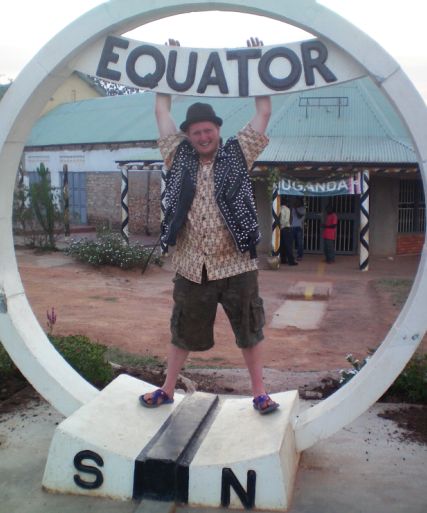 It was my first real chance, so I asked what she thought about the anti-homosexuality bill. She did everything she could not to answer the question. By the sounds of things the staff at the hostel had heard the foreigners complaining enough about the bill to not mention it… or at least to avoid confrontation about it.
It was my first real chance, so I asked what she thought about the anti-homosexuality bill. She did everything she could not to answer the question. By the sounds of things the staff at the hostel had heard the foreigners complaining enough about the bill to not mention it… or at least to avoid confrontation about it.
She wouldn’t give me an answer. All I got out of her was ‘Jesus this and Jesus that’. The usual sentiments you’d expect from someone who lacks the ability to think for themselves. So I told her straight; “I’m Bisexual, does that bother you?”
After explaining what bisexual meant, she responded with the strangest question I’ve ever been asked about my sexuality.
To this day it still stops me in my tracks when I think about it. She grabbed my hand and said “Well why don’t you change? You can change.”
It took me a few seconds to register. The mixed feelings of outrage, complete shock and then the all-important guilt; which was quickly shaken off and replaced by sheer pride. I asked why I should change and witnessed the bigotry flow like blood from a stab wound. After half an hour of the usual God Nonsense and her ignoring my Atheism, I gave up and told her we should part.
I went to the bar to sink some quick vodkas and smoke a few fags, still trying to shake off the residual shock and rage.
Apparently insulting me wasn’t enough and she came in to find me. Apparently “this date is over, I suggest you go home or do whatever, but leave me alone, I don’t want to see you” wasn’t clear enough. She asked me for money for her taxi home and I’ll let you guess what my final words of the evening were.
After a few days I travelled to the city of Masaka; about 80 miles South West of Kampala.
I had been based here the previous year and was quite familiar with the surroundings. It’s a smaller city with a population of around 75,000, A lot calmer than the some 2 million of Kampala. I met with a friend who had offered me accommodation for a few weeks whilst I set up my charity. His community based projects included libraries and a small local bank for loans to help build local infrastructure. He had even come up with units to harness the natural gases from farmyard dung to be used for cooking stoves.
This man is (and to this today remains), in my mind; a Saint. He rose early every day to teach classes and stayed late every night to run his projects. His pay is meagre and he lives a simple life. The only remaining child of ELEVEN brothers and sisters, his determination is unparalleled. So it greatly pleased me to find out he had absolutely no quarrels with sexual orientation. (In fact he was curious and asked questions on the matter. I actually suspect he may be queer himself). He would come to be the only shoulder close by at one point.
Over the next few weeks my social interactions with the people around me diminished. I would always try and approach the question of the bill and refused to shy away from it as I felt I had done the year previously. Something I felt ashamed about. As the weeks continued I could see I was being taken less seriously because of what I had confessed.
Ugandans do this thing where they laugh and smile profusely when they’re having a serious conversation with someone and believe themselves to be right, even when they’re not.
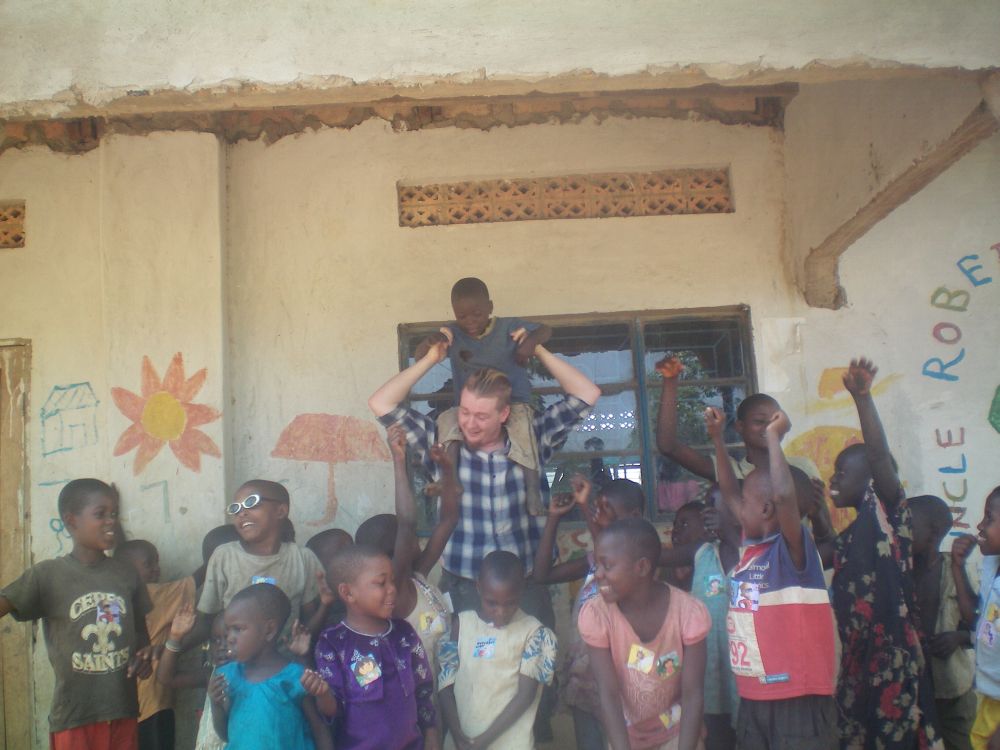 Whilst doing this the other person in the conversation is usually visually distressed or down hearted. It is, to say the least, infuriating.
Whilst doing this the other person in the conversation is usually visually distressed or down hearted. It is, to say the least, infuriating.
I feel that I was probably seeing the better side of it all. These conversations were with men and women who both worked for this man’s charity, so they have probably heard this all before from the foreigners who’ve come across to work for the charity and spoke against the bill in conversation.
I would later turn out to be correct.
After a few weeks I finally relocated to the programme I had worked with the previous year in a village just outside of Masaka. In a room full of cockroaches and with rats running on the rafters above you while you try to sleep; it’s not the nicest in the world, but it’s a bed for the night or 3 weeks… as it turned out.
The owner of this particular orphanage is (as has now been proven) a money grabbing useless bastard. He is out of the closet in every country around the world it would seem, except Uganda; which is why I haven’t mentioned the dickhead’s name. He arrived a few days after I did, returning from America where he had been touring for almost a year.
This former Pastor had been giving sermons at churches and Universities around the States for literally thousands of dollars per session. Sometimes up to five or six times a week, for 11 months. In case you’re not aware, the exchange rate in Uganda is incredibly low. You could live for a year pretty comfortably on a budget of £3-4,000. Easy. That’s nights out, 3 meals a day and rent if you find the right place and strike up a deal.
The children he ‘looks after’ drink dirty water, wear rags and sometimes don’t go to school because he doesn’t pay the bills (despite owning a fucking school as well). They sleep on piss stained mattresses despite the fact I had replaced these a year before. Turns out they were carted off to his school as he could make more money having a boarding section.
In the end I confronted him about all of this and we parted ways. Before doing so I did get the chance to chat with him about the LGBT Rights in Uganda.
Even after divulging my own orientation he wasn’t keen to let anything go, despite his sexuality and the fact that his sermons condoning same sex relationships are plastered all over the internet. He should be commended slightly for his work within LGBT, although he is not known for it in his home country (and would probably be shunned if he was).
The man commands a lot of respect within the community around him because of his work; the orphanage and the school. However these are a complete joke compared to the luxury houses he owns, the cars he drives and the meals he eats. He’s the classic example of the rich not wanting to sacrifice an inch so that those under him can have a better life.
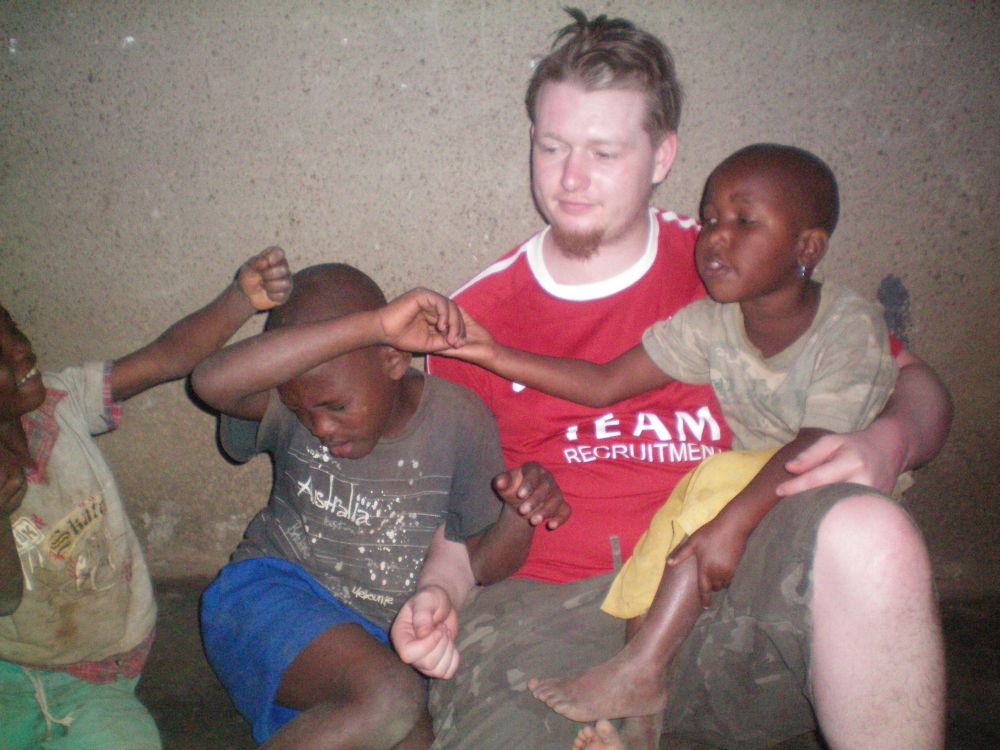 Whilst in the local bar one evening, drinking away my blues with my pal George (the local raging alcoholic with a gammy arm who delivers dirty water for a living, who just happens to not be a homophobe as well) I was confronted by a local man who I already knew had a distaste for mzungus (white people).
Whilst in the local bar one evening, drinking away my blues with my pal George (the local raging alcoholic with a gammy arm who delivers dirty water for a living, who just happens to not be a homophobe as well) I was confronted by a local man who I already knew had a distaste for mzungus (white people).
He had overheard me talking to George, I assume on the issue of the bill, and had begun to shout at me. But this time it was different. There was no mention of the bible in this man’s rant.
This time it was pure hatred. We tossed words back and forth before the bar owner threw the man out for being too drunk. Roberta (the lady whose house was actually the bar) spoke little English but recognized that the man was on one of his Anti-Mzungu tirades and chucked him out.
His friends weren’t impressed with me either, however on that particular night the choice between drinking and homophobic hate was in the end determined by their thirst and they sat quietly and glared at me. Having had a few drinks (I wasn’t hammered; just tipsy), I was prescribing to the “fuck ‘em” philosophy. It wasn’t until I sobered up that I realized that the quarter mile long walk home in the pitch black would have made me easy pickings.
You have to remember we were only a year removed from the murder of David Kato (the gay rights campaigner and Uganda’s first openly gay man) who was beaten to death with a hammer in his bed. At the very least I would have got my head kicked in and, to be honest; looking back on the situation, the only thing that probably stopped that from happening was that I wasn’t a local.
Had I been, I think it would have only been a matter of time before I was attacked. This all might sound overly dramatic, but I saw the look in those men’s eyes, I don’t think they even knew I was queer, but they did hear my support against the bill and that was enough to get them angry.
After parting ways with the village I had a week to kill before I returned home. I visited a few different projects and did some good work in the time I had left, but by this point my spirit was well and truly broken. It was becoming clear that throwing money into these causes wasn’t going to be the answer because the same problems would arise and the cycle of poverty would simply continue instead of changing for the better.
I was drinking with a guy I’d met the previous year, he knew and had no issues, however this could be linked to me paying for most of his drinks. At £1 a bottle I didn’t really care.
He was a street worker. Basically he’d wait outside the shopping centres and people would come to him looking for a particular fabric or dress or whatever. Instead of them looking for themselves, he’d go and buy items from several different shops. Sometimes travelling as far as Kampala for them. A strange profession but one that fed him.
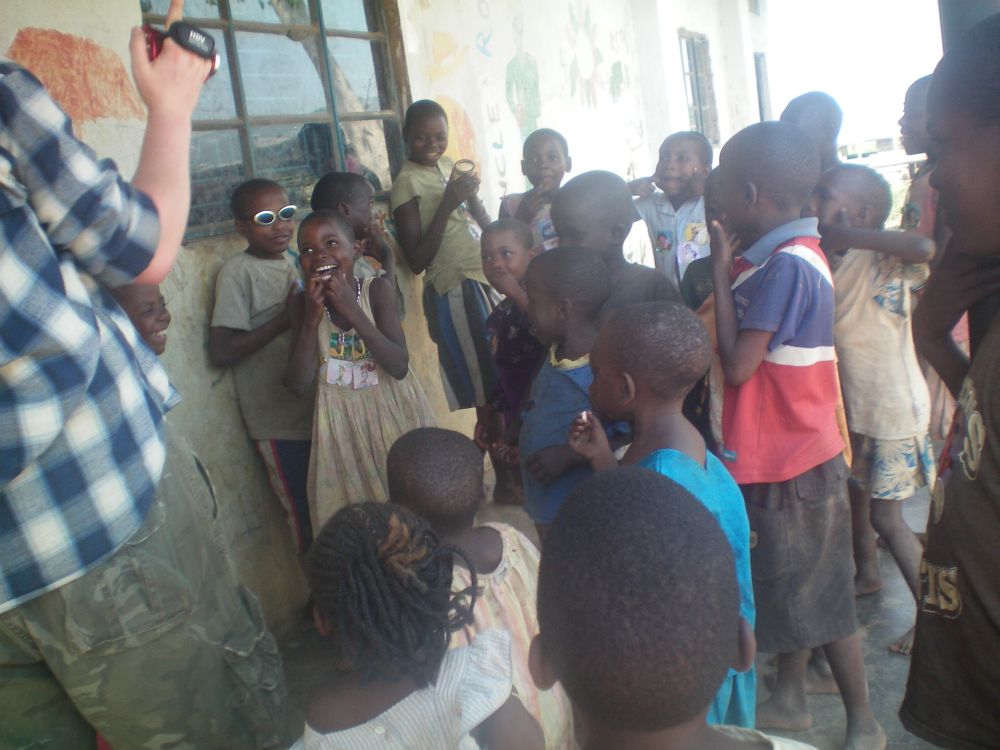 I met him on the street with two other lads; his friends/co-workers or whatever; and one had said something along the lines of “here’s your boyfriend” in a sarcastic tone.
I met him on the street with two other lads; his friends/co-workers or whatever; and one had said something along the lines of “here’s your boyfriend” in a sarcastic tone.
These two lads must have been about 19 or 20. I shot them a glare to let them know I’d heard them and that the next words from his mouth would hurt.
They shot a glare right back before my friend took me away and it settled on its own. It seemed that throughout all age groups there was hatred.
Before retiring on my last night I spoke just generally about my time in Uganda with the owners of the Hotel I was staying in in Kampala. A German couple, of Indian origins. They’d lived there for a good few years. Every now and again, when you’d walk past their room, the door would be ajar and you’d see their clothes hung up all over the room and one of them lying in bed. They were at that age where they didn’t seem to give a shit anymore.
They’d been together for some 40 years, if I recall. So why they chose to live in Uganda, I will never know. I really should have asked. Every now and again you’d see them in the reception area sitting side by side watching TV; one with a hand on the knee of the other, both with walking sticks. It was a stark contrast to everything I had seen going on around me because after all, these were enemies of the state. They were a Gay Couple.
Footnote: I have picked out a few of my negative experiences and pieced it together as best as I can. Please understand that every situation I put myself into, excluding the verbal attack in the bar in which I defended myself, I did so as calmly and carefully as possible.
The goal was never to create enemies, it was to create friends and try and show that LGBT is a natural way of life because we are seen as some sort of evil in Uganda. My only aim was to help, not to incite more hatred, and I did it for as long as I could humanly take it.
Please also note that all names and some places have been omitted or changed in order to protect the identities of those in Uganda from their Government.
- Comments enabled – see comments box below. Note, all comments will be moderated.
